All images courtesy of Getty Images/Wiki Commons

By Layne Partin
laynepartin5@gmail.com
Many years ago, a buddy and I went to buy beer. I asked him why he had bought Michelob since I’d never seen him drink it. He said he’d had the Michelob song “Weekends Were Made for Michelob” running through his head. That’s the power of the jingle; it caused him to buy a product and me to remember it after all these years.
In ancient times significant events were immortalized in song; not everyone could read or write, but everyone could learn songs and sing them. And once memorized, they rarely forget them, the same as it is for us with those jingles that get stuck in our heads that we can still recall from our childhood.
The average listener today hears more songs in a week than most people in bygone ages heard in a lifetime, so it’s harder to remember even a few of all the songs we hear. That’s why we’re here, to recall some more of those mostly forgotten songs from the ’70s.
We hope you’ll enjoy this little jaunt back to the ’70s, one of music’s greatest decades. It was a time when the airwaves were swirling with terrific songs; many lost to the mists of time. But sometimes, all we need is a reminder to conjure forgotten memories, so feel free to remind us of others that remain fixtures in your mind.
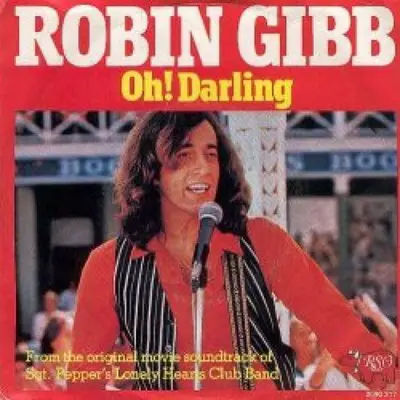
“Oh, Darling” by Robin Gibb (1978)
As a solo artist, Robin Gibb recorded ten albums, one EP, and twenty-one singles, two of which reached the top five in the U.K. His highest scoring song in the US was “Oh, Darling,” a cover of The Beatles’ song by the same name.
Released in 1978 as a single from the Sgt. Peppers Lonely Hearts Club Band motion picture soundtrack, the track made it to No.15 on the Billboard Hot 100 chart, with Peter Frampton – who, along with the Bee Gees, Aerosmith, and Earth Wind and Fire, among others, were also featured in the movie – playing guitar and his brothers doing backing vocals. While it would make no one forget the original, it introduced a new generation to the song and was a great cover.
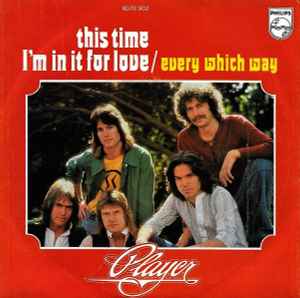
“This Time I’m in it For Love” by Player (1977)
British-American soft rock/pop group Player had their greatest success in the ’70s with “Baby Come Back,” the first single from their self-titled debut album, making it to number one in 1977. The follow-up to that song, “This Time I’m in it For Love,” released in early 1978, made it to No.10 and was their last Top-10 hit.
Although they continued to chart in the following years – and are still active today – having gone through numerous lineup changes, this was their finest era. The classic opening lines make this lovely soft rock gem the perfect rainy day earworm: “I heard the weather man, predict a sunny day, he did not mean to lie, I look outside it’s raining anyway, I guess I can live with a rainy day.” We all know the feeling.
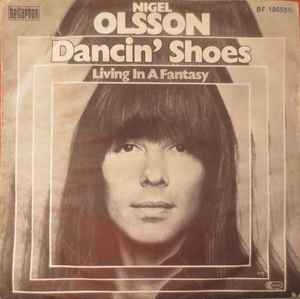
“Dancin’ Shoes” by Nigel Olsson (1979)
“Dancin’ Shoes” is an excellent song by Nigel Olsson, an English singer, and drummer. He played in various groups – The Spencer Davis Group, Uriah Heap, and The Elton John Band – and helped to produce the early Elton John sound. While not busy with Elton John’s band, Olsson worked as a sessions musician, composed, recorded, and had his own solo career, releasing six pop-rock albums and a dozen singles. Three of those singles charted in the US, with “Dancin’ Shoes” being the highest, peaking at No.18.
To this day, “Dancin’ Shoes” remains a delightful little song proving that Nigel Olsson is a great drummer and quite the singer. Over fifty years later, Olsson can be seen drumming for Elton John on his Farewell Yellow Brick Road Tour.
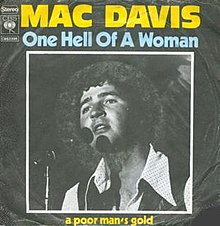
“One Hell of a Woman” by Mac Davis (1974)
American singer/songwriter Morris’ Mac’ Davis recorded eighteen studio albums and released thirty-eight singles in a career that spanned the ’60, the ’70s, and ’80s. “One Hell of a Woman” was released in 1974 as the first single from his album, Stop and Smell the Roses.
Written by Davis and Mark James, the song was Davis’ second highest charting song on the Billboard Hot 100, peaking at No.11. And while it didn’t quite make the Top-10, it was one of the Top-10 hits of 1974, spending a total of ten weeks on the Top-40 and twenty-eight weeks on the national chart, even longer than his biggest hit, “Baby Don’t Get Hooked On Me.” Though Mac Davis was a constant fixture on the Billboard Country charts, “One Hell Of A Woman” somehow didn’t make that chart.
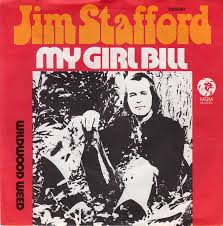
“My Girl Bill” by Jim Stafford (1974)
Seldom has a comma, or lack thereof, been of such importance in a song like “My Girl Bill.” This 1974 song from Jim Stafford, the third of four hit singles from his self-titled debut album, employs a clever use of double entendre. In the song, the listener is led to believe that there is a love affair going on between Bill/William and the narrator: “Bill walked me to my door last night, and he said, Before I go, there’s something about our love affair, that I have a right to know, I said, Let’s not stand out here like this, what would the neighbors think? Why don’t we step inside, and I’ll fix us both a drink.”
Things don’t seem to get more apparent with the second verse, which starts with: “William’s hands were shaking, as he took his glass of wine, and I could tell we both felt the same.” However, in the final verse, it becomes clear: “Now I know we both love her, and I guess we always will,” that the two men are in love with the same woman, and the narrator is telling his rival that she’s, “My girl, Bill.”
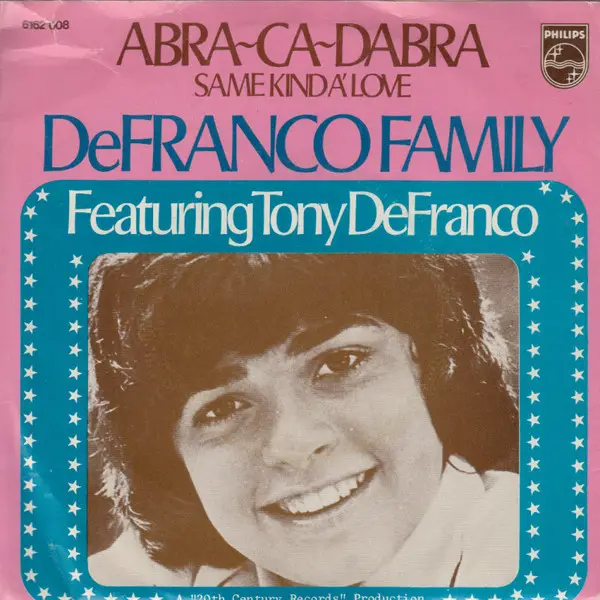
“Abra-Ca-Dabra” by The DeFranco Family (1973)
“Abra-Ca-Dabra” is a 1973 song by The DeFranco Family, featuring Tony DeFranco. Hailing from Port Colborne, Ontario, Canada, the group was composed of siblings Benny, Nino, Marisa, Marina, and Tony. Originally called the DeFranco Quintet, the group found success after their demo was heard by Sharon Lee at Tiger Beat Magazine. Lee was impressed enough to have Laufer Entertainment owner Charles Laufer fly them to L.A. for an audition and even financed a three-song demo, helping them secure a contract with 20th Century Records.
Their debut single, “Heartbeat—It’s A Lovebeat,” sung by then 13-year-old Tony, reached No.3 on both the Canadian charts and the Billboard Hot 100 and was their biggest selling single. Soon, they became fixtures in teen magazines and appeared on Dick Clark’s American Bandstand nine times and The Dinah Shore Show. Their follow-up single, “Abra-Ca-Dabra,” while not as big a hit, still made The Top-40 as did “Save The Last Dance For Me,” their last song to chart. All are worth a listen if you enjoy fun and bouncy tunes.
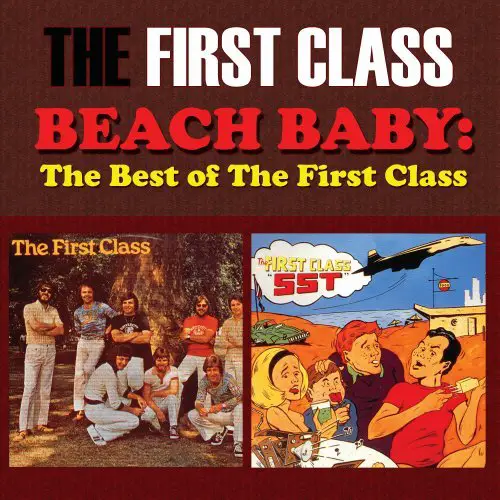
“Beach Baby” by The First Class (1974)
On August 31, 1974, Casey Kasem said the following on his American Top-40 countdown about Beach Baby: “Now on American Top-40, I have that song that was launched by a criminal act, an act that could have cost the owner of a British record company at least a stiff fine. He’s also a recording artist, Jonathan King. Last year during the United Kingdom’s severe energy crisis, a songwriter came to Jonathan’s house with a master tape of a new song he’d just recorded, but he’d come on a bad day of the week. You see, it was a day when the British were prohibited from using electricity because of the power shortage. But something told King to take a chance. He invited the artist to come in, and in a room lit only by candles, keeping the volume turned way down, he listened to that tape and knew he’d bought a hit song.”
The song was written by John Carter and his wife Gillian (Jill) Shakespeare and is about a broken love relationship in ’50s Los Angeles. Lead singer Tony Burrows and session singer Chas Mills were hired to record it under The First Edition. Burrows sang the song in an American accent to reflect the California setting. It is filled with nostalgia and well worth the trip down musical memory lane.
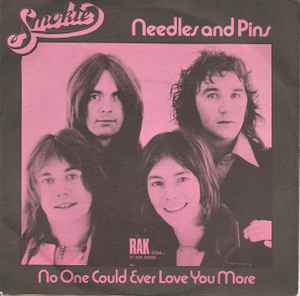
“Needles and Pins” by Smokie (1977)
“Needles and Pins” is a 1977 song by Smokie, a U.K. outfit formed as The Yen in 1965. Composed of Chris Norman, Terry Utley, Alan Silson, and Ron Kelly, The Yen changed its name to The Sphinx and then again to Essence before breaking up in 1966. The Black Cats were already a working band, which Ron Kelly joined as a drummer and was soon followed by Chris Norman and Alan Silson. In 1967 they renamed themselves The Four Corners and found a manager who advised them to call the band The Elizabethans.
By 1970 the group had caught the interest of RCA Records, who suggested yet another name change to Kindness. But it wasn’t until Bill Hurley became their manager and introduced them to composers Nikki Chinn and Mike Chapman that their fortunes began to change, and they settled on their final name change – almost – when they became Smokey.
Their second album, released in September 1975, produced their first hit single, and soon, they were on their way to superstardom in Europe and the U.K. and found moderate success in the US. Around that time, Smokey Robinson threatened a lawsuit over their name, so they changed it to Smokie. “Needles and Pins” was a cover of a Jackie DeShannon song written by Jack Nitzsche and Sonny Bono and is worth a listen.
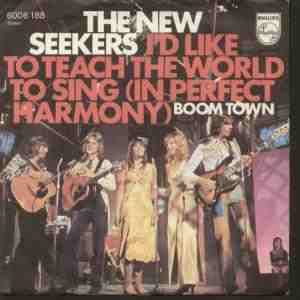
“I’d Like To Teach The World To Sing (In Perfect Harmony)” by The New Seekers (1971)
The New Seekers are a British group formed by Keith Potger in London in 1969 after he left his band, The Seekers. They blended pop, folk, gospel, rock, and country into a sound that found worldwide appeal with songs like “You Won’t Find Another Fool Like Me,” “Beg, Steal or Borrow,” and Delaney and Bonnie cover, “Never Ending Song of Love.”
Near the end of 1971, The New Seekers released an adaptation of the famous Coca-Cola jingle “Buy The World a Coke.” The track originated as the jingle “True Love and Apple Pie” by Roger Cook and Roger Greenaway and sung by Susan Shirley, which was rewritten by the songwriters and Billy Davis along with US advertising executive Bill Backer for Coca-Cola.
The New Seekers’ version was called “I’d Like To Teach The World To Sing (In Perfect Harmony),” which reached No.1 in the U.K. and many other countries and sold nearly a million copies in the US, making the Top-10. And in 1994, brit-pop band Oasis would lift the song for their track “Shakermaker,” resulting in legal proceedings and a writing credit for the forgotten ’70s act.
Looking back, never have the lyrics: “I’d like to see the world for once, all standing hand in hand, and hear them echo through the hills, for peace throughout the land” been more relevant and seemingly more difficult to imagine.
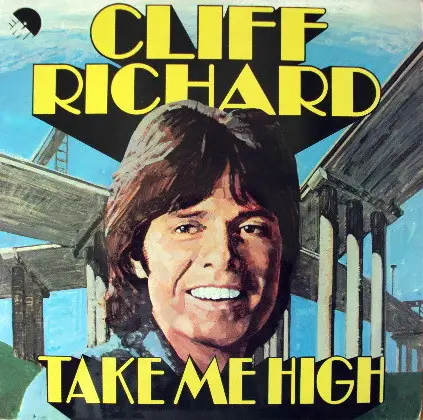
“Take Me High” by Cliff Richard (1972)
“Take Me High” debut on Cliff Richard’s 1972 album, The Cliff Richard Story, before being used as the title track from the 1973 movie of the same name, starring Richard in his final movie role. Born Harry Rodger Webb, Cliff Richard is the third biggest selling artist in U.K. history, behind only Elvis Presley and The Beatles.
Marketed initially along the lines of Elvis and Little Richard as a rebel, Richard had a string of hits in the pre-Beatles era, and his 1958 hit “Move It” is considered Britain’s first authentic rock ‘n’ roll song. Like Elvis, Richard had a prosperous film career in the early ’60s. In time, over 130 of Richard’s singles, albums, and EPs reached the UK Top-20 – more than any other artist.
More so, along with Elvis, Richard is the only singer to have a Top-20 hit in each of that chart’s first six decades. Richard reached No.1 fourteen times and is the only singer to have a No.1 single in five consecutive decades. Quite a feat! And while “Take Me High” didn’t reach those dizzying heights, it is still a fine song and well worth a listen.
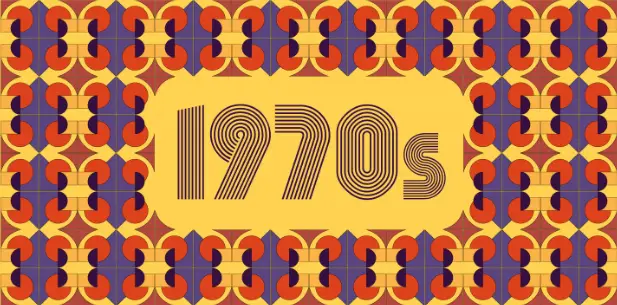
– Layne Partin is a contributor for www.vwmusicrocks.com and may be reached at laynepartin5@gmail.com
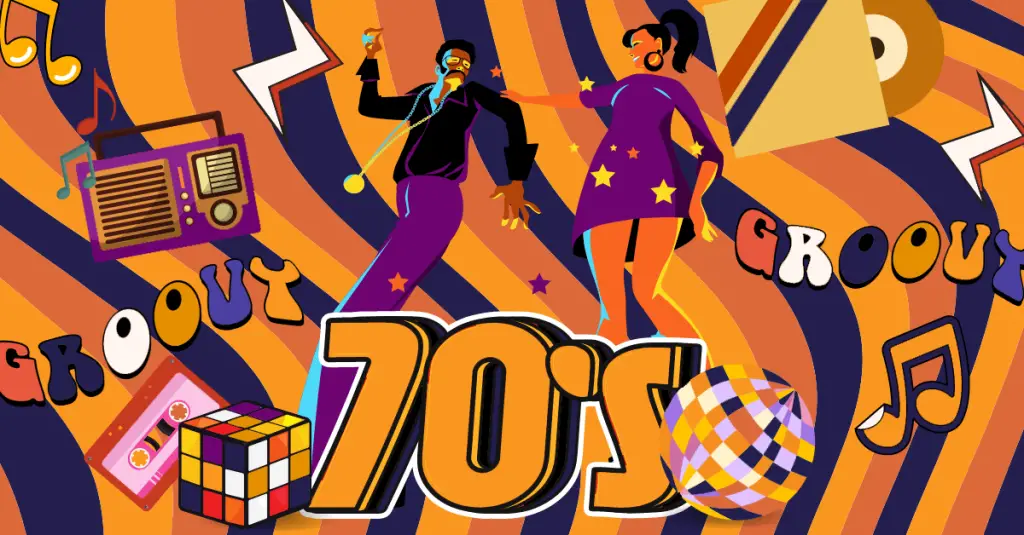




Leave a Reply